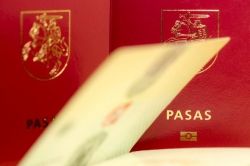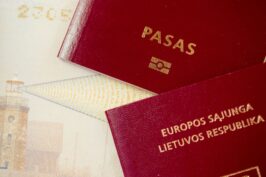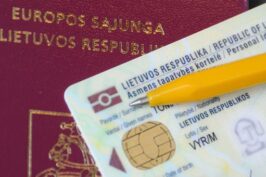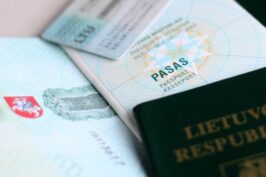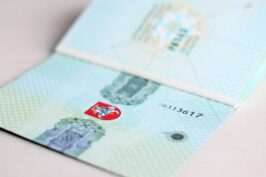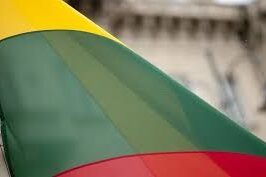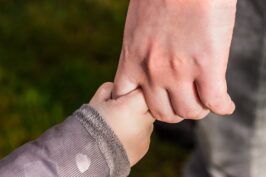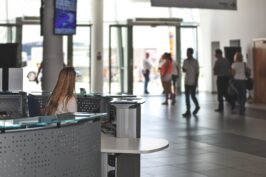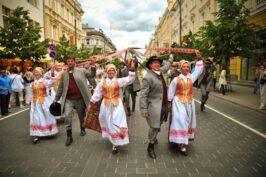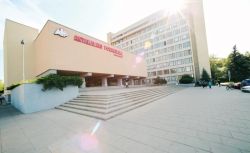- Home
- The system of education in Lithuania
The system of education in Lithuania
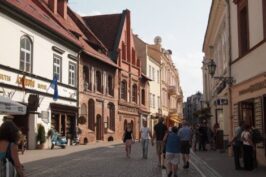
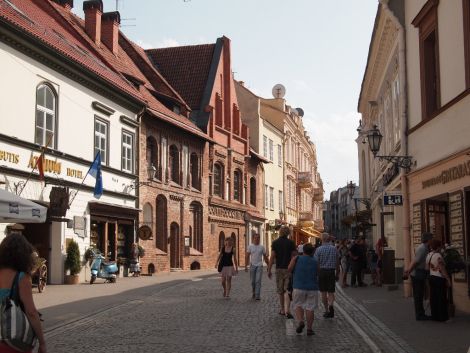
Lithuanian system of education is developed very well. The general education programme lasts for twelve years. It consists of primary education, basic education and secondary education.
In addition, the preschool education exists in Lithuania as well. It involves children from the birth until the age of 6 years. It is not compulsory and is provided at a request of parents of a child only. The said education is provided by state-supported and private institutions of preschool education.
If after completion of the secondary education programme a person does not wish choosing higher education studies, the opportunities for involvement in vocational training programmes are abundant as well. They provide a possibility to acquire and improve a qualification. These programmes are offered by vocational schools.
In addition to a qualification, vocational schools provide an opportunity to acquire the general (basic or secondary) education. The programmes last for 2 – 3 years dependently on the chosen type of education (basic or secondary or adapted for persons with special needs). For those having completed the secondary education programme, the vocational programme lasts for 1–2 years.
After completion of a vocational training programme and the final examinations, a person is awarded with a qualification. If such a person acquires also a secondary education, he (she) may be admitted to studies at a college or a university.
A higher education programme consists of three cycles: bachelor’s studies, master’s studies and doctor’s studies. The programmes are formed in a way that enables the school-leavers and students to choose freely a study direction.
A higher education programme is divided to integrated studies (that consist of bachelor’s studies plus master’s studies) and doctor’s studies.
In Lithuania, two types of higher education programmes exist – university studies and college studies.
College studies provide the knowledge and skills required for professional activities. At least one third of such a study programme is formed by practical training. A graduate of such study programme, after completion of additional studies and acquisition of work experience, may be admitted to master’s studies at a university. College studies are offered by state-supported and private colleges.
University studies provide versatile general education, theoretical knowledge and the professional skills of the top level. University bachelor’s studies last for four years, part-time university bachelor’s studies usually last for five years. After their completion, a degree of a bachelor is awarded. If a person is a bachelor, he (she) may be admitted to master’s studies. The master’s studies last for 1.5–2 years. After completion of the master’s studies, a graduate may be admitted to doctor’s studies (they last for four years). These studies will be a basis for future academic activities. University study programmes are offered by universities, academies and seminaries.
At present, 24 colleges (including 11 private colleges) and 22 universities (including 8 private ones) operate in Lithuania.
In Lithuania, the Center for Quality Assessment in Higher Education is involved in assessing the quality of secondary and higher education acquired in foreign states and the Research Council of Lithuania is involved in assessing the degree of a Doctor of Science or a Doctor of Arts conferred abroad.
